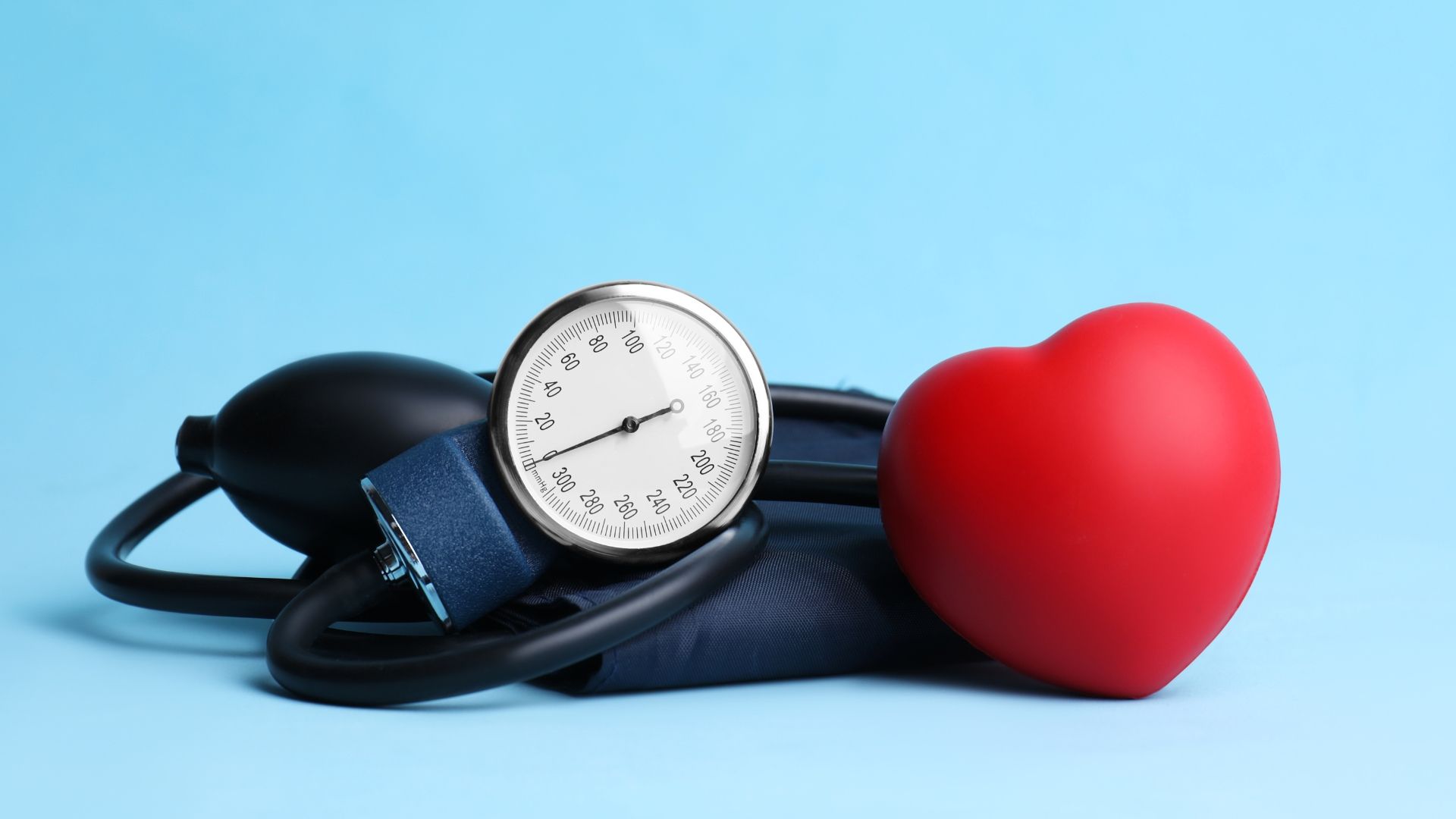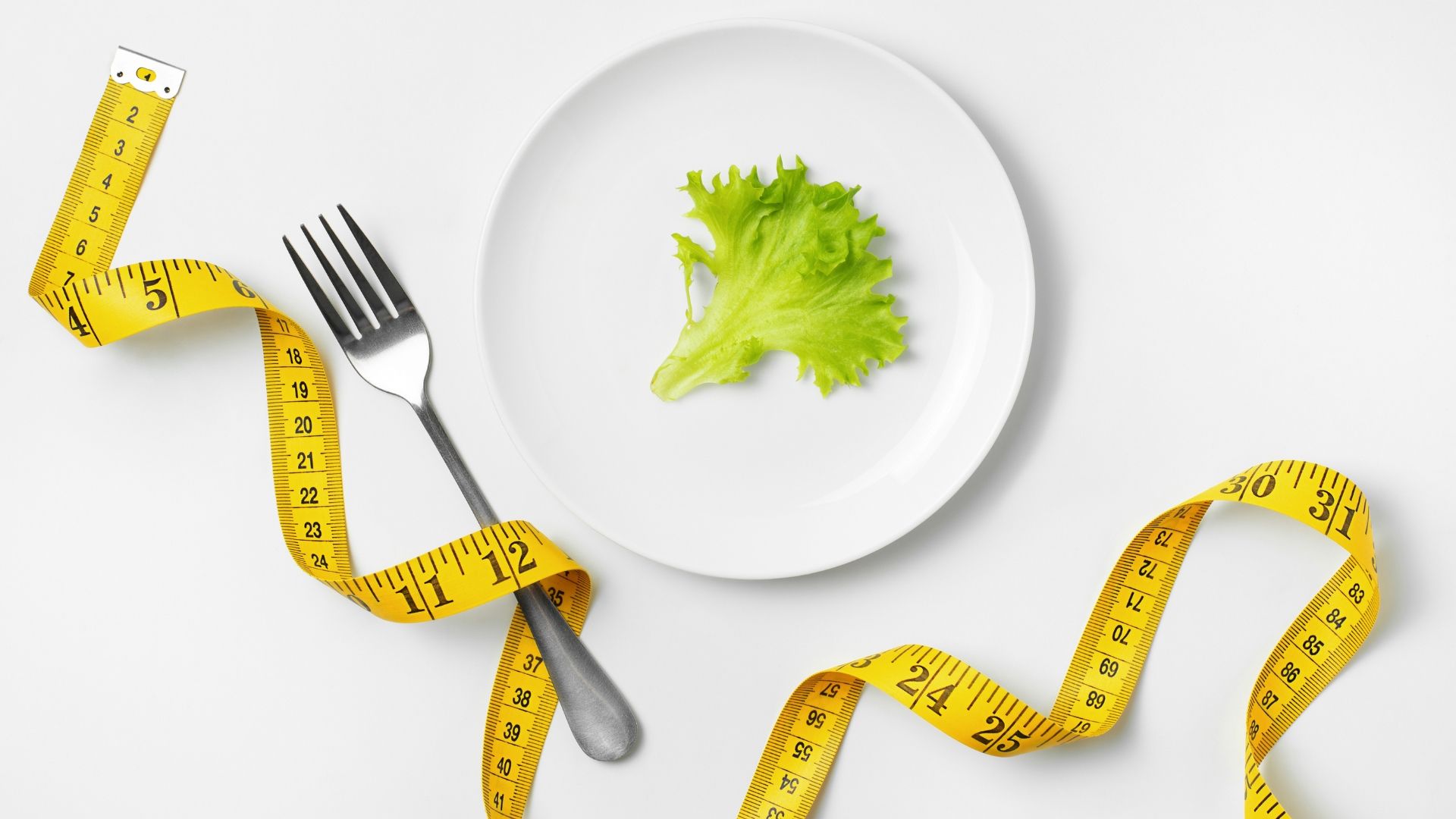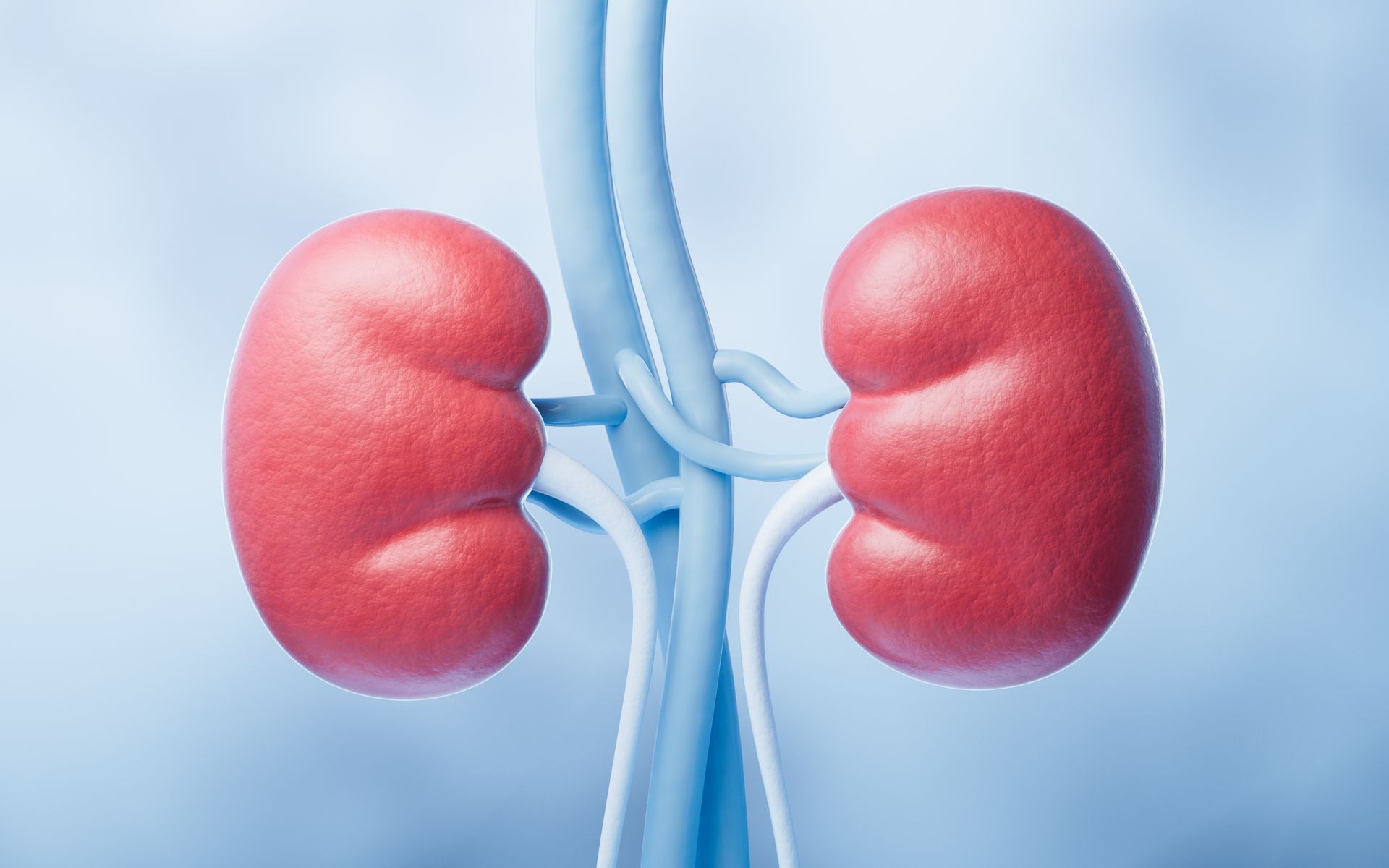Fat-burning exercises: how to work out for weight loss
Learn how to work out for weight loss with science-backed exercise tips and guidance from our obesity experts.

Exercise is one of the best things you can do to lose weight and excess fat. But the link between workouts and fat loss is more nuanced than 'burn calories, lose pounds.'
Healthy diet changes help you lose weight more quickly, but movement shapes your metabolism and preserves the muscle that keeps you feeling strong and healthy. So, it makes sense to combine exercise with healthy nutrition if you want to shift excess fat steadily and sustainably.
In this guide, we explore how to work out for weight loss and suggest some of the best exercises for burning fat.
Why exercise matters when losing weight
Weight loss happens when you consistently burn through more energy than you consume.
A balanced diet does most of the hard work, but physical activity is like the cherry on top. Regular movement increases your daily calorie burn, protects lean muscle, improves insulin sensitivity and stabilises your mood and sleep.
These all play important roles in regulating your appetite and can help you to lose weight successfully and sustainably.
People who stay active during weight loss also maintain their results more effectively. That's because exercise helps prevent the slowdown in metabolism that often comes after a calorie deficit.
How to work out for weight loss
Use cardio to create a calorie gap
Aerobic exercise remains the simplest way to increase the energy you use each day. Brisk walking, running, swimming or cycling elevates your heart rate for extended periods, burning lots of calories while strengthening your heart and lungs.
The NHS recommends that people aged 19 to 64 do at least 150 minutes of moderate-intensity activity each week.
Short on time? High-intensity interval training (HIIT) involves short bursts of hard exercise followed by easier rest periods. This burns more energy in less time and keeps your metabolism a little higher for a while after you finish.
But consistency matters more than intensity. A swim before you go to work, a fast-paced evening walk or a dance class on the weekend can all make a difference if you keep up the momentum.

If you're starting from a low fitness base, begin with shorter exercise sessions and gradually increase the duration.
Incorporate strength training to change body composition
Many overlook resistance exercises when trying to burn fat. Instead, they opt for the sort of cardio that works up a sweat (think running on a treadmill).
But strength training is the single most effective way to protect muscle mass during a calorie deficit. The more muscle you have, the more calories you burn. Two or three full-body sessions a week – using free weights, machines or body weight – can help to:
- Stimulate muscle growth
- Improve bone health
- Create a mild 'afterburn' as your body repairs itself
Some of the best exercises for weight loss include squats, lunges, presses and rows, as they use multiple muscles at once. That means you use more energy per session.
You don't need a gym or heavy weights, especially at first. A simple set of resistance bands or a sturdy floor mat will do.
And stick with it – it's worth it. Over months, progressive strength training changes your body shape by lowering body fat percentage, even if the scale doesn't drop as quickly.
The hidden power of everyday movement
Structured workouts matter, but so does everything you do in between.
One of the worst things you can do for losing fat and getting healthy is sitting around too much. All of the background activity you can squeeze into your day – known as non-exercise activity thermogenesis (NEAT) – is good for you, including:
- Walking to the shops
- Standing while on the phone
- Cleaning the house
- Gardening
Taken together, these small movements may add hundreds of calories to your daily energy burn without feeling like exercise. Choosing stairs over lifts or breaking up long periods of sitting with short walks can quietly speed up your fat loss and improve circulation.
For many people, focusing on NEAT is an achievable first step. Wearing a pedometer or fitness tracker can help you set small daily goals. That might mean taking an extra 1,000 steps, for instance, or going for a short walk after dinner.
These habits accumulate into a meaningful calorie burn and complement more structured workouts.

Prioritise your recovery
Exercise alone cannot make up for a poor diet, and hard training without fuelling your body's recovery can seriously backfire. Make sure to:
- Eat balanced meals that include lean protein to repair muscle, fibre-rich carbohydrates for energy and healthy fats for hormone health.
- Aim for 7 to 9 hours of sleep each night. Disrupted rest can increase hunger hormones and make fat loss harder.
- Track workouts and note how you feel each day. This helps you celebrate your achievements and keep motivation high.
Don't forget to stay hydrated
Hydration is another often-overlooked factor. Dehydration can reduce exercise performance and make you feel hungrier than you actually are, making it harder to stay on plan.
Drinking water regularly throughout the day helps keep your endurance up. Plus, if you drink it cold, water can slightly increase energy expenditure as the body warms the fluid to core temperature.
How SemaPen can help
Structured exercise is powerful, but pairing it with proven medical support can make fat loss even more achievable. At SemaPen, we offer expert-led weight loss Programmes enhanced by the GLP-1 medicines Wegovy (semaglutide) or Mounjaro (tirzepatide).
Here's what that looks like:
- A personalised medical plan: our UK experts assess your health before recommending the right treatment, adjusting it as you progress.
- Ongoing clinical monitoring: we regularly check in to track your progress and any side effects to determine what's working for you.
- Nutrition and activity guidance: you'll unlock exclusive educational content on exercise and nutrition through the SemaPen app.
- Clear safety and support: enjoy easy access to clinicians whenever questions arise, plus transparent information about medication.
Take the next step
Building a consistent exercise regimen is one of the most powerful changes you can make for long-term weight management. Whether you enjoy gym sessions or at-home workouts, pairing smart training with professional guidance helps keep you safe and motivated.
Any questions? Don't hesitate to drop our friendly team a message. Or why not get started with your SemaPen assessment today? You'll find out immediately which treatment Programme is right for you.
This article was reviewed and approved by Alice Fletcher, Lead Bariatric Dietitian, on 29 September 2025.
- Average 15–21% weight loss
- Trusted programmes built by UK experts
- Personalised advice and support
- Smart weight loss app to track progress and learn positive habits
Your journey starts in the app
Unlock tailored support, weight tracking and more.
1
Download the free app
2
Take your digital consultation
3
Start your programme












